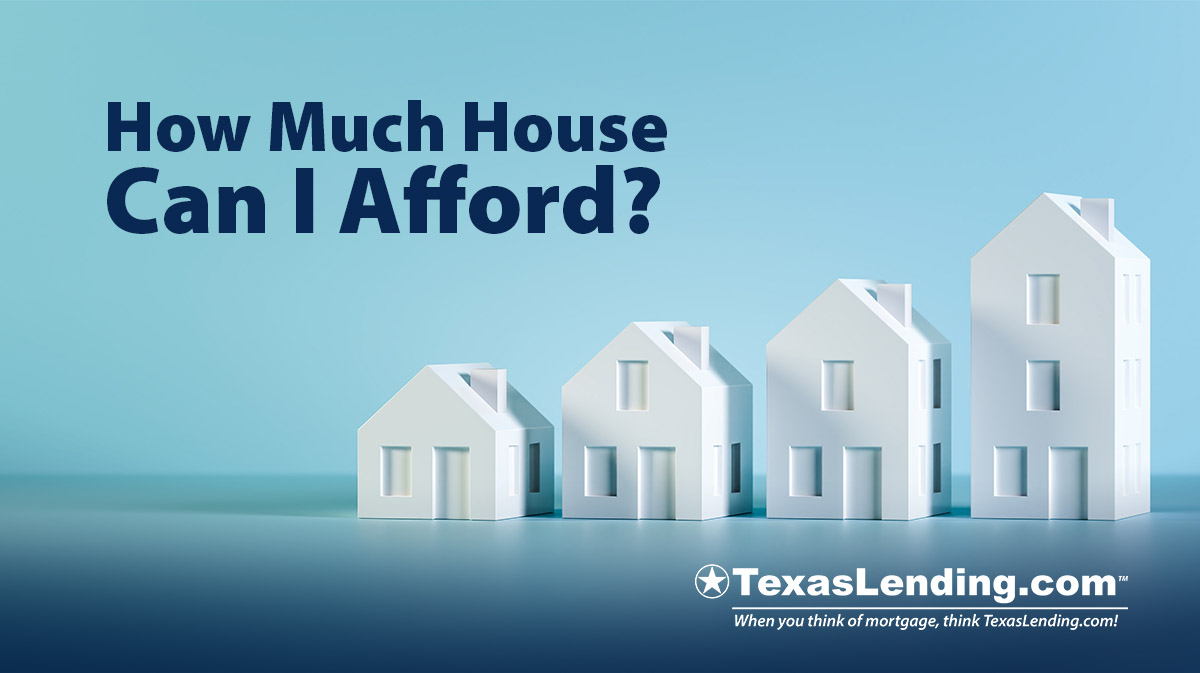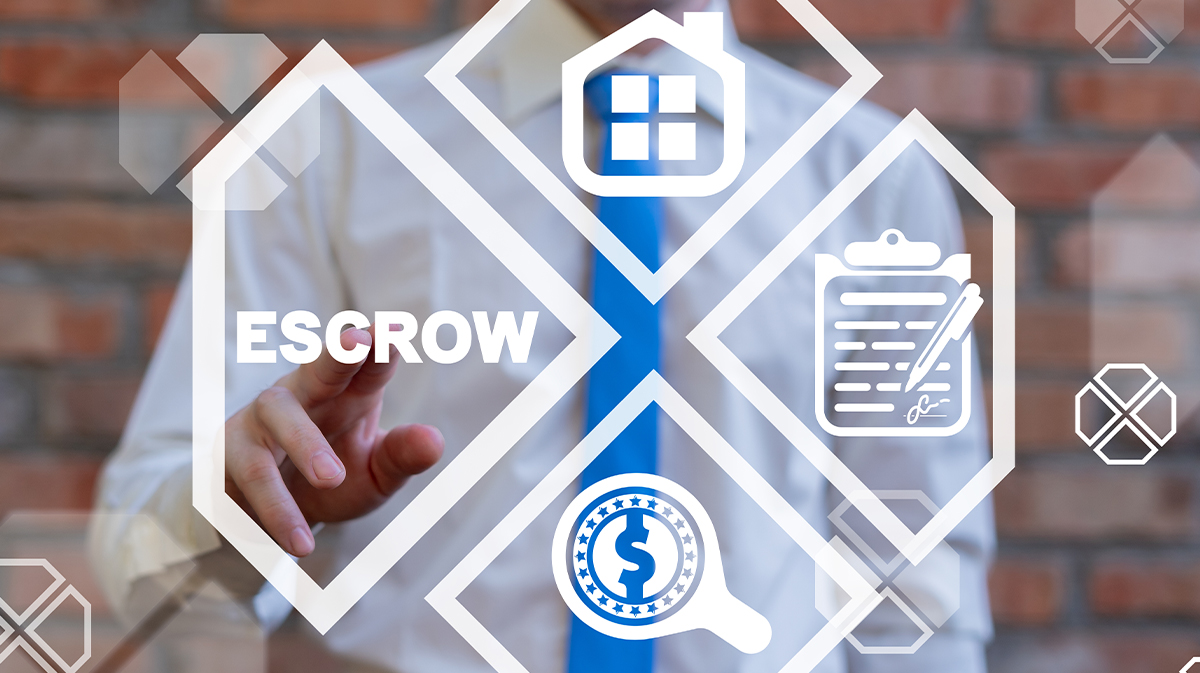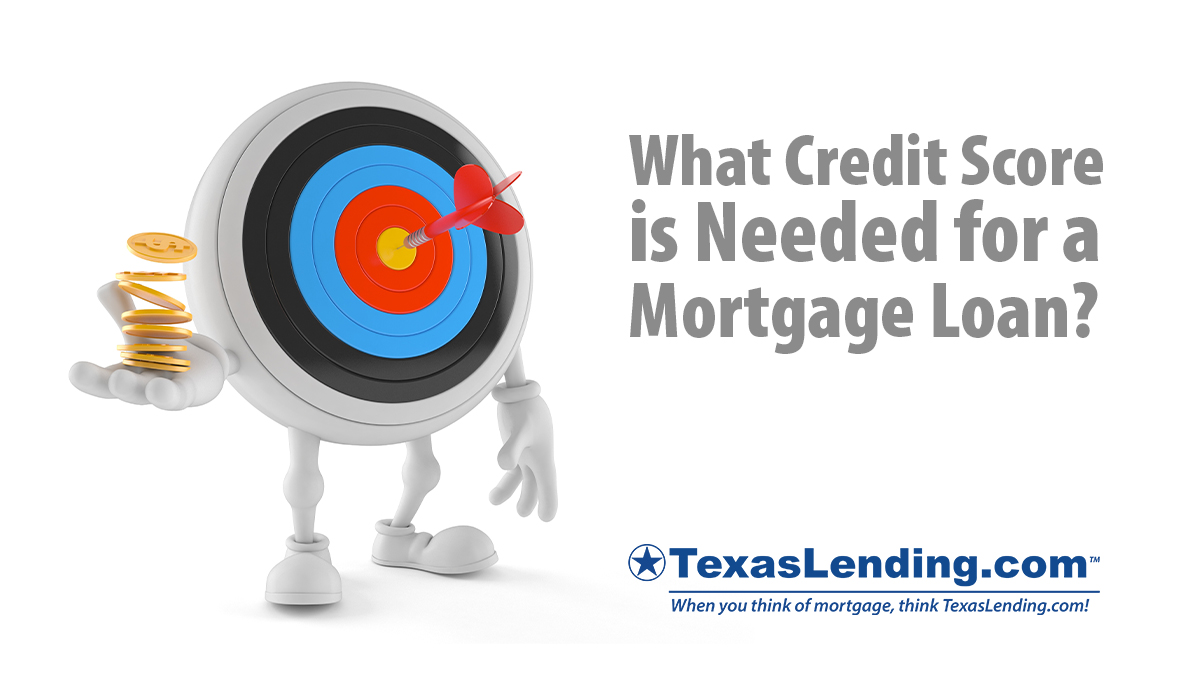Our Latest Blog

The Benefits of a VA Mortgage
The Benefits of a VA Mortgage The primary goal of the VA mortgage program is to make home ownership affordable for qualifying members of the US military and their spouses. There are a number of benefits that a VA mortgage provides in comparison to a conventional mortgage. These are a the benefits of a VA Mortgage you should know: 0% Down Payment Option Potentially the biggest advantage of a VA mortgage is the option to get 100% financing. As long as the purchase price of the home isn’t higher than the appraised value of the home, your VA loan doesn’t require a down payment. Competitively Low Interest Rates VA mortgages offer lower interest rates in comparison to conventional mortgages or other government backed mortgage programs. Having a lower interest rate can save you thousands of dollars over the life of the loan. No Private Mortgage Insurance Private Mortgage Insurance (PMI) is required on conventional mortgage loans with less than 20% equity in the home. With an FHA mortgage loan, borrowers pay a monthly mortgage insurance premium (MIP) for the life of the mortgage if they make less than a 10% down payment. The VA mortgage loan program does not require

How Much House Can I Afford?
How much house can I afford? This is often one of the first questions that potential home buyers ask before starting their home search. Asking your lender this question and applying for mortgage pre-approval is likely the best way to fully understand the flexibility of your home buying budget. While you may know how much your annual salary is, it’s not common knowledge as to how your salary translates to home buying potential. Knowing how much house you can afford to buy can be complicated. There are a number of factors to consider when analyzing “how much house can I afford?” Let’s take a detailed look at the variables in your potential home buying budget: Analyzing Income and Debts Qualifying for a mortgage, means that you must show that you are financially prepared to repay the loan over time. Taking a look at your income and current debt obligations is the first step to calculating how much house you can afford. Income Your monthly income must be steady and stable to qualify for traditional mortgage programs. Federal mortgage guidelines ensure that your mortgage payment is affordable, which reduces the likelihood of loan defaults. The debt to income ratio, or DTI,

Escrow Account Basics
If you are looking for your first mortgage loan as a first time home buyer, you may have some questions about escrow accounts. The questions and answers in this article provide some great insight to the function and purpose of an escrow account. These basic questions will help you better understand the structure of an escrow account within your mortgage loan: What is an escrow account? An escrow account is a holding account within your mortgage that sets aside money for your annual property taxes, home insurance premiums, and in some cases the HOA dues. A portion of your monthly mortgage payment will be applied to your escrow account. When the annual property taxes are due, the loan servicer will coordinate your property tax payment for you. In the same way, when your home insurance premium or HOA fees are due, the amount will be deducted from your escrow account and paid on your behalf. How do you set up an escrow account? Your mortgage company coordinates the set-up of your escrow account. This is because an escrow account is built into the structure of your mortgage loan. Is an escrow account required? Escrow accounts are required on all government

Competing in a Seller’s Market: Homebuyer Guide
Competing in a Seller’s Market The housing market is HOT! Home’s are receiving multiple offers after being listed on the market for just a few hours. Many potential home buyers are frustrated with the competition and all of the challenges that a seller’s market brings. If you are looking to buy a home in a competitive market, you should be well prepared. Use these tips to help you navigate the home buyer competition: 1. Recognize the Market Trend It is, what it is. We outlined the differences between a buyer’s and seller’s market in our last blog article. When you are looking to buy a home, it is important to know what type of market you are in. In a seller’s market the buying process can move more quickly, offers are more competitive, and there are a number of other potential buyers who would gladly take your place. It’s important to recognize that the dynamic of supply and demand will play a role in your home buying strategy. Being prepared will help you stay calm in the face of the seller’s market competition. 2. Know that Time is of the Essence We would never advise you to rush into buying

buyer’s market vs seller’s market
The difference between a buyer’s market and a seller’s market is the advantage of negotiating power to one party in the transaction or the other. The primary evaluation of the buyer’s or seller’s market is based on the basic principal of supply and demand. There can also be divides in the market based on other factors like the location, price point, or time that tips the scales to the advantage of either the buyer or seller. Below are more details on a few of the factors that can influence the balance between a buyer’s or seller’s advantage in the market: Supply and Demand The inventory of homes available in comparison to the number of potential buyers, creates a dynamic of supply and demand. Seller’s Market: New job growth or other attractors in a certain area will bring more potential buyers. This type of competition gives the seller an advantage. Buyer’s Market: If there are fewer potential buyers, a home can sit on the market for an extended amount of time. This scenario is to the advantage of the buyer who may find that they can negotiate a better deal if the seller is motivated. Location Certain school districts, access to

How to Get Pre Approved for a Mortgage
The first thing you should do before shopping for a home is get pre approved for a mortgage loan. Buying a home is the biggest financial investment that most Americans will make in their lifetimes. We are happy to give you the information needed to begin. How to get Pre-Approved for a Mortgage: 1. Check Your Savings and Credit There are a few things you can keep in mind long before you plan to buy a home. Saving for a 20% to 3.5% down payment is an excellent idea. Start a down payment savings plan to prepare for the down payment and other upfront costs of buying a home. You should also know that your credit score will play a role in your mortgage qualification. Checking on your credit score at least once a year is a good idea. If your score is below a 640 FICO, take steps towards improving your credit before starting your application for mortgage pre-approval. 2. Speak to a Licensed Mortgage Professional Start your pre-approval for a mortgage by talking to a mortgage consultant about your home buying goals. Having a mortgage expert on your team is an asset. During this conversation you can discuss

Using Home Equity to Finance Home Improvements
If you are thinking that your home could use some tender loving care by updating or renovating your living space, consider utilizing your home equity. Many homeowners use their home equity to increase the value of their property with home improvements. Adding a pool to the backyard, renovating the kitchen or bathrooms, updating the flooring, or refreshing the curb appeal are all great ways to add value to your home. What is Home Equity? Equity is the difference between the total value of your home and the amount owed on the mortgage. Essentially, your home equity is the percentage of the real property value you hold. Three ways you can earn equity: Mortgage Payments The portion of your mortgage payment that is paid toward the principal balance is earned equity. As you continue to pay back your mortgage loan over time, you earn more equity in your home. Market Conditions The housing market also helps you build equity over time. Competition for housing and appreciation over time can both cause home values to rise. The value of your investment is increased and as a result, you earn equity. Home Improvements Increasing the value of your property through home improvements is

What credit score is needed for a mortgage?
What credit score is needed for a mortgage? Buying a home is one of the largest investments that most Americans will make in their lifetime. In order to qualify for a mortgage your credit score must reflect that you use credit responsibly. With a large financial risk at stake, conventional mortgage investors want to see a solid credit history in your credit report. Use this information to help you set a credit score goal and reach your target: Credit Score Minimum for a Mortgage All conventional and federally backed mortgage options have a minimum credit score requirement to qualify. Your target minimum credit score should be a 620 FICO or higher. With a 620+ credit score your credit score will qualify for all conventional and government backed mortgages. Compare Purchase Loan Qualification Requirements Compare Refinance Loan Qualification Requirements The Credit Score for the Best Rate Getting the best mortgage deal possible should be everyone’s goal. We certainly would like to help our customers get the best mortgage options available to them. One of the best ways to get a better interest rate on your loan, is by having an excellent credit score. If you have a 740 FICO credit score

